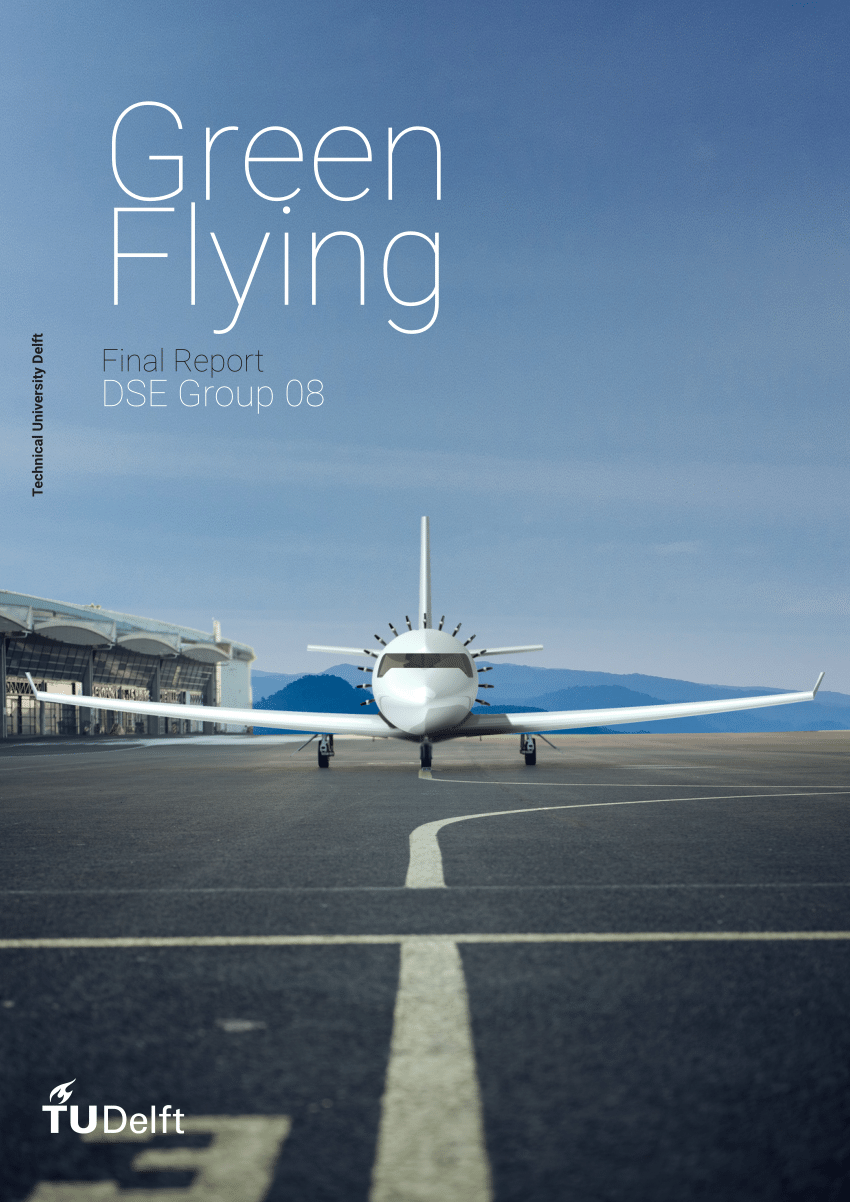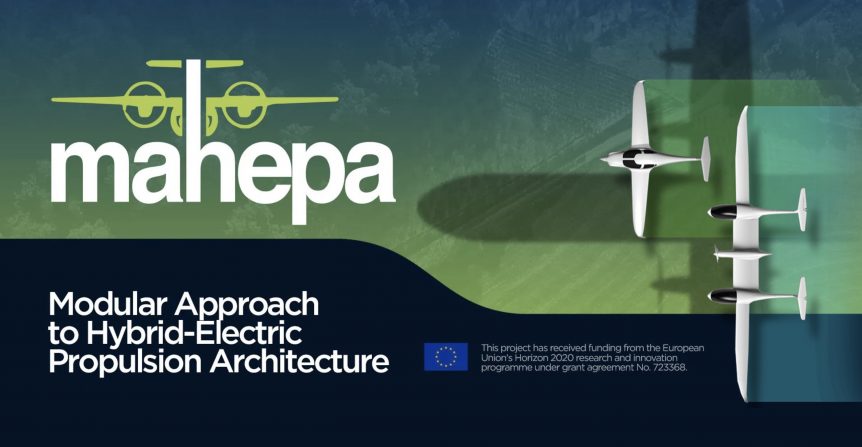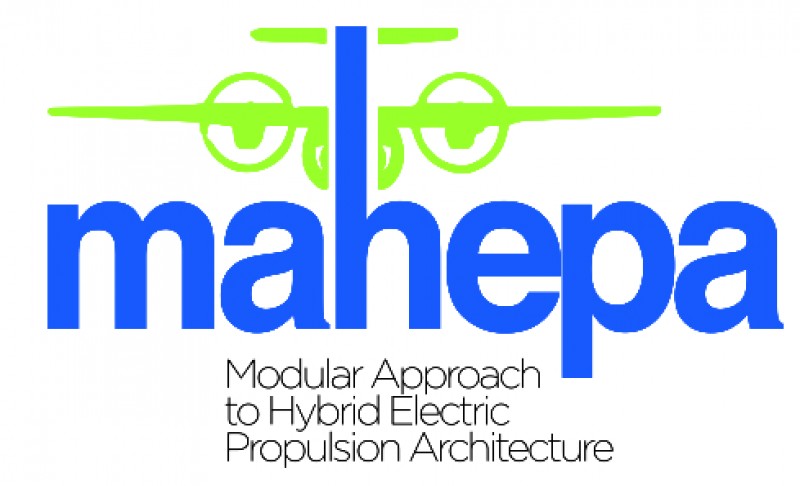Pipistel and Delft Technical University have introduced hydrogen (H2) powered, 19-seat airliners for the intermediate-range market. Both are unique configurations with unique propulsion concepts. Both attempt to lower drag through the use of their propulsive systems. Pipistrel Miniliner Pipistrel announced their Miniliner concept as a response to a “significant market potential” for a “zero-emission airplane in the 20-seat size class, capable of operating quietly from runways shorter than 1 [kilometer], including grass airstrips at small aerodromes.” Seen as a disruptive element in providing service to currently unserved areas within a 200 to 1,000 kilometer (124 to 620 mile) range, the Miniliner could also serve as a microfeeder craft between small airports and large hubs. Although Pipistrel is somewhat mum about the internal and powerplant details for the craft, the propeller locations seem to indicate a major effort to reduce drag and eliminate wingtip vortices. The tail, for instance, is very much what Bruce Carmichael, a proponent of laminar-flow designs, proposed …
MAHEPA and HY4 Go High
MAHEPA (Modular Aproach to Hybrid-Electric Propulsion Architecture) is a European Union project to build emission-free aircraft. A public flight of Pipistrel’s HY4 hydrogen-powered, four-seat aircraft was the latest demonstration of the group’s progress. Challenging Objectives Overall, MAHEPA hopes to accomplish five objectives: Advancing the fuel-driven serial hybrid-electric Powertrain which uses a lightweight internal combustion engine (ICE), capable of running multiple fuels as the power generation module. Advancing the reliability of zero-emission serial hybrid-electric powertrain which uses a Proton Exchange Membrane (PEM) Hydrogen Fuel Cell (FC) as the power generation module. Advancing new airborne qualified, lightweight, high-power density components such as a 200 kW+ electric motor, a 100 kW+ generator and improved power electronics using Silicon Carbide (SiC) technology to increase efficiency of power transmission due to decreased switching losses. Developing “common building blocks” solutions also for different aircraft configurations, enabling the proliferation of powertrain modules between various aircraft. Gathering, analyzing and comparing in-flight performance and emission data in order to …
MAHEPA, Modularizing the Approach to Clean Flight
Pipistrel, itself flying pure electric and hybrid aircraft, has announced its participation in MAHEPA, a Modular Approach to Hybrid-Electric Propulsion Architecture. MAHEPA aims to,” reduce the gap between research and the production of low-emission propulsion technologies that would enable the achievement of environmental objectives in the field of aviation by 2050.” Mahepa’s first meeting, held May 15 and 16 at Pipistrel’s headquarters at Ajdovscina (Slovenia), helped define the direction for a major academic/industry project. Led by the aircraft manufacturer, in cooperation with Compact Dynamics, DLR (Germany’s equivalent of NASA), the University of Ulm, H2Fly, Politecnico di Milano, TU Delft and University of Maribor, project goals are impressive. – “To boost research in the field of low emission propulsion technology to open up possibilities for series production of greener airplanes in order to support European environmental goals in aviation.” This will result in “novel, modular and scalable hybrid-electric powertrains capable of running on alternative fuels or on hydrogen with zero emissions.” …



